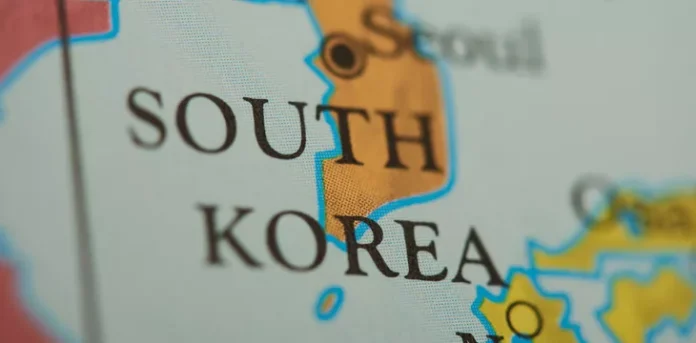South Korea announced on Friday that it will prioritize investments in artificial intelligence as part of its policy agenda, following a reduction in its economic growth forecast for the year due to trade challenges stemming from U.S. tariffs.
In its first biannual economic policy plan under President Lee Jae Myung’s administration, the finance ministry revealed plans to roll out policy packages for 30 key AI and innovation projects starting in the second half of 2025. These initiatives will focus on AI applications in sectors such as robotics, automotive, shipping, home appliances, drones, manufacturing, and semiconductor production, along with advanced materials and cultural exports like “K-beauty” and “K-food.”
The ministry stated, “A significant shift towards AI is essential to counteract growth declines linked to our low birthrate.” South Korea is grappling with one of the lowest birth rates globally, which is expected to impact economic vitality.
To support these projects, the government plans to introduce financial investments, tax incentives, and regulatory improvements, along with a 100 trillion won ($71.56 billion) fund to collaborate with the private sector in strategic sectors. The goal is to position South Korea among the top three AI leaders globally and enhance potential economic growth.
Currently, the nation’s potential growth rate stands at around 2% and is projected to dip below 1% by the late 2040s. However, officials hope that these new policies can elevate the growth rate to 3%.
In the second quarter, South Korea’s economy expanded at its fastest pace in over a year, driven by a rebound in consumer demand and strong technology exports. Nevertheless, uncertainties remain due to elevated U.S. tariffs. Recently, South Korea reached a trade agreement with the U.S. that reduces tariffs from a threatened 25% to 15%, still above the original baseline of 10%.
The finance ministry now expects the export-driven economy to grow by 0.9% this year, a significant drop from last year’s 2.0% growth and a previous forecast of 1.8% made in January. The economy is anticipated to expand by 1.8% in 2026. Exports are projected to increase by 0.2% in 2025 but are expected to decline by 0.5% in 2026, following an 8.1% surge in 2024.
In addition to AI investments, Lee’s administration plans to boost government spending next year at a faster pace, reinforcing its proactive fiscal approach. Other key policy announcements include enhanced support for childcare and work-life balance, stricter sanctions to prevent industrial accidents, new regulatory frameworks for digital assets, and reforms in capital markets aimed at achieving developed-market status from a global stock index provider.

